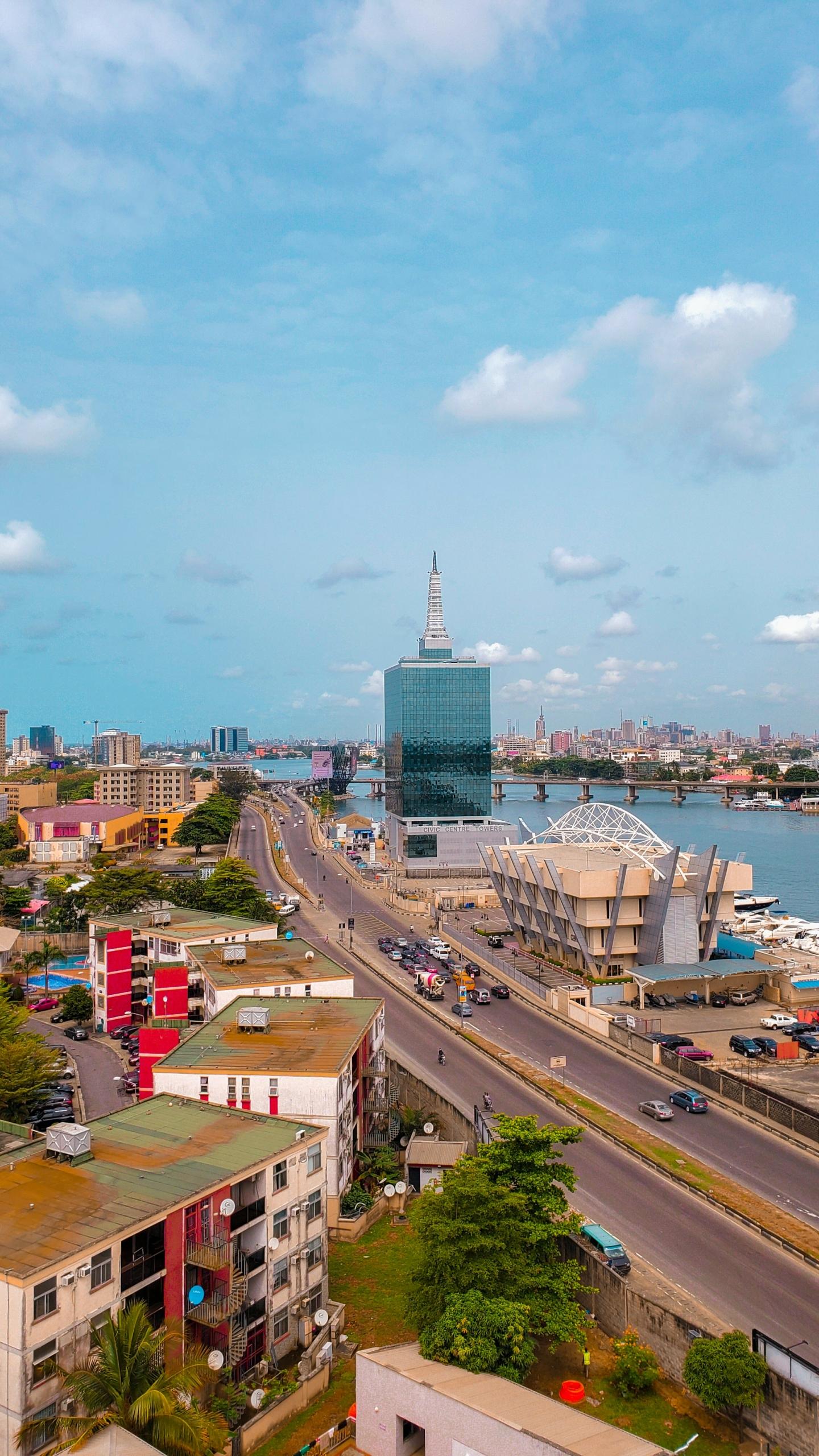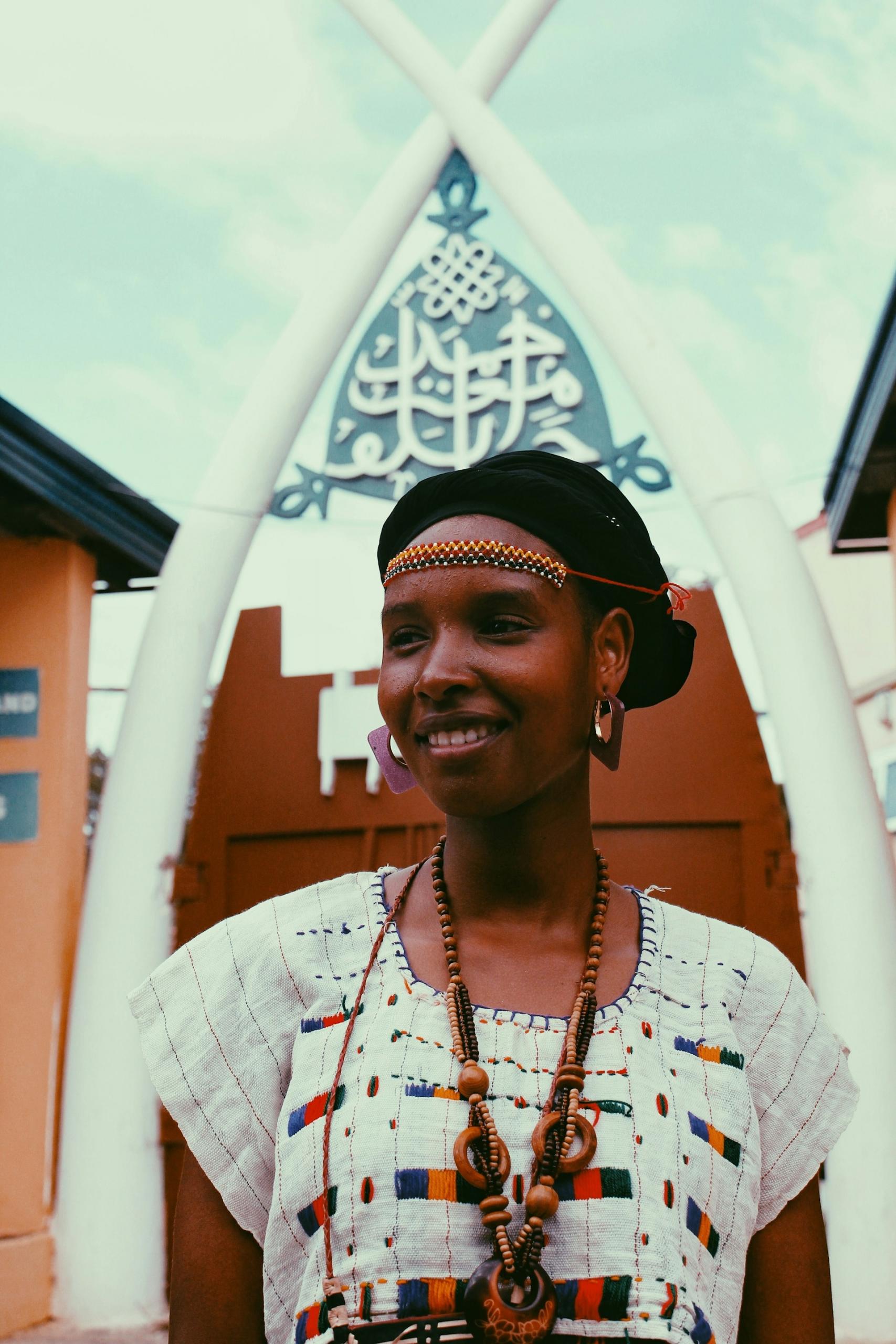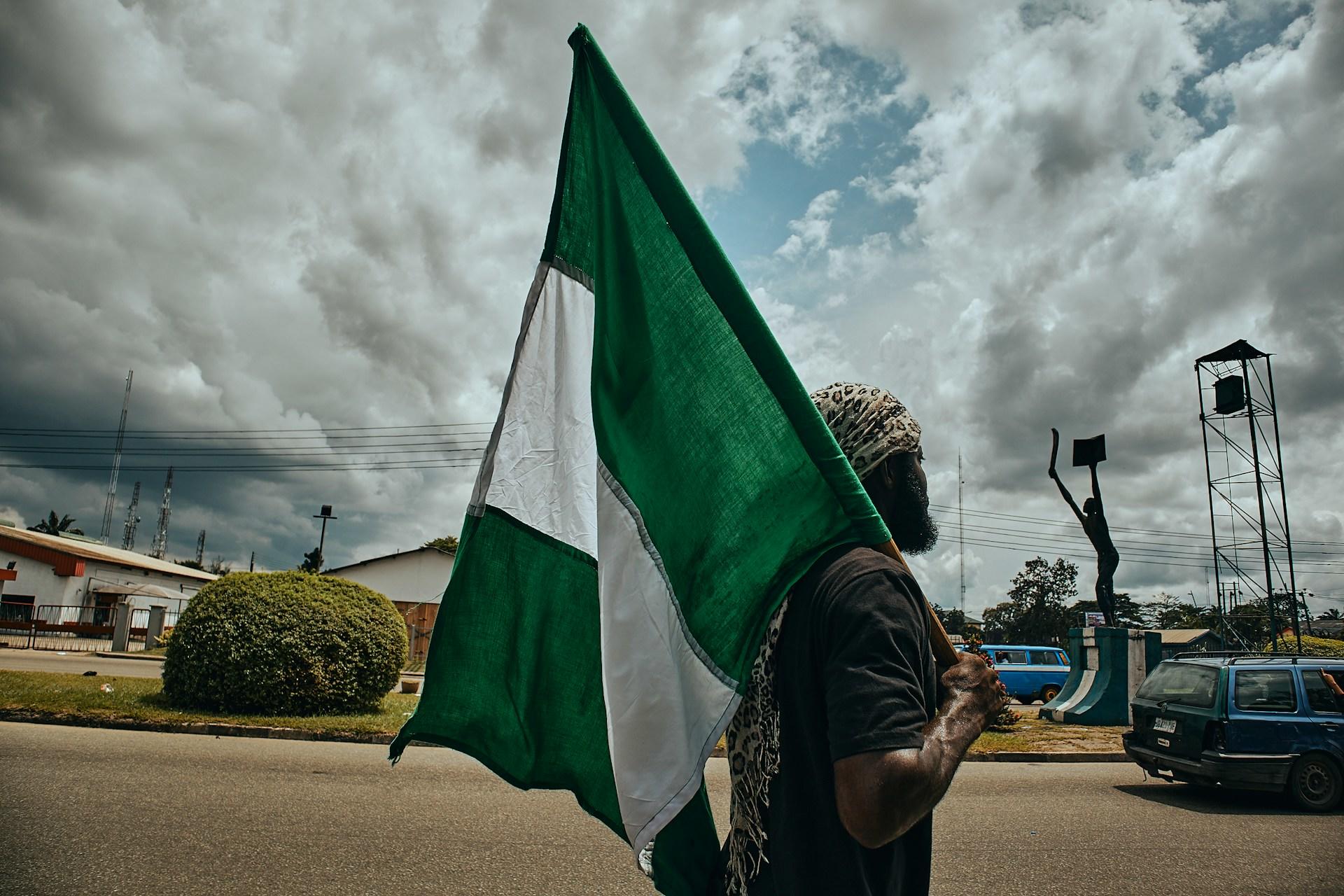Nigeria is one of the best-kept secrets.
Aliko Dangote
That Nigerian industrialist speaks fact. His country isn't just rich in resources and industry, it's a treasure trove of culture and history. The Nigerian language alone gives scholars - and those not so scholarly, much to talk about and marvel over.
This article studies the varieties of communication style in Nigeria. You might already know that English is this country's official language. However, Nigerians enhance it with contributions from their own native tongues and cultural aspects. That's the direction we take in this exposé.

Language of Nigeria

As mentioned in this article's introduction, English is the official language of Nigeria. That change came about when the British Empire colonised the region in 1861. But even before then, Christian missionaries reached these west-African shores, teaching the Gospel in their foreign tongue.
Nigeria gained full independence from Great Britain in 1960. The century of colonisation did not destroy the native tongues. However, English was firmly ingrained into all official matters. Of all the nation-building work to do, changing languages must have been the lowest priority.
Besides, English was (and is) the world's linga franca. It's the language of business and trade, science and politics. Nigeria, as a nation of English speakers, had/has an advantage on the world stage.
This country is home to more than 500 languages, three of which serve as co-official languages. They are: Hausa, Igbo, and Yòrubá.
It would be fascinating to explore Nigerian languages to their fullest! However, to keep our path clear, this article focuses on Nigerian English.
Besides, with roughly 53% of all Nigerians speaking Nigerian English, this country ranks among the largest English-speaking countries worldwide. That statistic alone makes this topic worthy of study.
Nigerian Pidgin
Nigerian words sound strange to non-Nigerian ears. That's because the language of Nigeria draws on its many cultural influences and native languages. When blended all together, they result in Nigerian pidgin.
Nigerian pidgin - Naija or Naijá, as it is called, helps unite the local dialects. Recall that Nigeria is home to more than 500 languages; it makes sense to have one standard vernacular. Otherwise, the Nigerian language would be too confusing.
A language with simplified grammar used among people who do not have a common language.
Naija is the lingua franca of Nigeria. It's an English-based language, distilled from many local dialects. We hear this creole language in casual settings, such as marketplaces, restaurants, and social occasions. Despite its wide applications and popularity, Naija has yet to gain official status.
A natural language that develops through mixing and simplifying different languages.
Like other English variations - say, the Australian English dialect, Nigerian English doesn't stay within its borders. Today, more west African countries embrace pidgin English, which includes some Nigerian words.
This helps foster cross-border trade and cultural exchange. Rather like Americans who enjoy 'shrimp on the barbie', distant as they are from us.
Nigerian Pidgin v Nigerian English
Nigerian is not only the language with a pidgin counterpart. We find these speech patterns around the world, including China and the United States (US). Island nations are famous for their pidgin. In fact, Jamaican English contains pidgin and creole elements, in equal measures.
Learners must distinguish between Nigerian English and its pidgin counterpart. Should you travel through Nigeria, you'll hear both languages. However, speaking Nigerian pidgin makes you an insider; someone who belongs. Here, we see the two tongues' differences laid out:
Nigerian Pidgin
- informal language - used in social settings, and from town to town
- includes words and structures from other Nigerian languages
- Based on English
Nigerian English
- formal language - used in politics, education, and the media
- includes collocations - to describe culture-specific concepts
- Based on British English
Within Nigerian English, we find yet more dialects. They are: Hausa English, Igbo English and Yòrubá English. Not surprisingly, they belong to this country's three major political parties. Naturally, those politicians maximise their ethnic tongues' impact on the official language.
Still, Yòrubá and Hausa words seep into the Nigerian pidgin language, much like the Indian words that populate the standard English vocabulary. The rest of this text explores the best of the Nigerian language.
Nigerian Language Structures

We use language to describe our lives and experiences. That seems self-evident, but it's an important point. It helps explain why Nigerian English is so different from other English variations around the world.
Marriage traditions present one profound cultural difference, reflected in language. Few English-speaking countries allow multiple spouses, but Nigerian society does. Thus, Nigerian English expanded to include words to describe 'Senior Wife', or 'Great Wife' and the other wives.
As an interesting aside, Singaporean English includes similar terms. Multiple marriage is permitted there, too, but only for those of the Muslim faith.
You'll likely not concern yourself with marriage status when you visit Lagos. Teasing meaning out of the familiar-sounding speech will probably be your first concern. You may even recognise the grammar your English for Students of Other Languages (ESOL) teacher said was wrong.
Using the wrong pronoun is one of the most common features of Nigerian English. Consider this example: "My sister and I were told to clean the room". A native Nigerian might say: "My sister and me were told to clean the room".
Doubling is another common feature of Nigerian English. Double subjects and determiners can make it challenging to understand what the speaker means. Study these examples, and their 'standard English' forms:
Nigerian English
- The girl she is cute.
- My house it is big.
- This your car is fast.
'Standard' English
- 'She is cute' OR 'The girl is cute'.
- 'My house is big' OR 'It is big'.
- 'This car is fast' OR 'Your car is fast'.
Articles in Nigerian English
The English language of Nigeria seems curiously bare of articles. 'Standard' English calls for some sort of determiner - 'a', 'an', or 'the'. These typically don't feature in spoken Nigerian English.
Consider this report: "A majority of the workers were late due to traffic.". A Nigerian supervisor might tell their boss those facts like so: "Majority of workers they were late go slow hold dem." A 'go slow' is a traffic jam.
If we set aside standard English grammar and vocabulary, we have to admire the logic of Nigerian English. Describing a traffic jam with words describing how traffic moves in such conditions is genius. Also, the way this sentence reads - and its context, make it seem that articles are, indeed, unnecessary.
It seems many who speak American English feel the same way. At least, judging by all the article-less social media posts. On the other hand, British English article usage is also unusual, for instance: "Sally's in hospital". Obviously, this is no criticism of any English dialect; it's more a comment on how similar they are.
Learn These Nigerian Words and Phrases
Exploring the language of Nigeria by reading about it feels flat, no matter how enthused this writer is about the subject. Our presenter in the clip above does a far better job of showing how delightful this tongue is.
Still, it's a pleasure to explore this quirky language, with all its delicious twists. So, we close our topic with a few choice phrases that you, too, might fit into your English vocabulary. If so, let it be 'I wan chop' or 'I dey H'. They mean 'I want to eat' and 'I'm hungry', respectively.
Nigerian English Idioms
Have you ever seen something that was 'straight out of a Hollywood film'? Nigerians have a phrase for that: 'E be like film!'. Like our idiom, it means 'an incredible sight'. 'E be like magic' follows along the same lines.
'God don butta my bread' is a far more expressive way to say 'I'm so blessed', isn't it? Butta my bread means 'answered prayers'. Adding God indicates who did the buttering.
'Notin spoil' is what you'd say when everything's alright, especially after a small mishap. It means 'All is well'. Speaking of 'well'...
Nigerian English speakers use a double-well to emphasise a positive or good quality. 'Listen well well' means 'Pay close attention'. 'Dis food sweet well well' means the food is delicious. You can give the same meaning with 'Dis food sweet no be small'.
One Nigerian language slang word sounds a lot like a word from the Irish English dialect - abú. That word is a cheer; it roughly means 'Hooray!'. The Nigerian word 'Abi?' is also an affirmation, though not of the cheerful kind. It means 'Isn't it?' or 'Right?', as though doubting someone.
On the subject of doubt, the Nigerian language is rich in vocabulary to call out tricksters. 'Wayo' is 'trickery'; you might say 'Dat girl be wayo!' to accuse her of fraud.
When you suspect a lie, 'Dis get k-leg!’ is the best way to say 'that seems suspicious/not true'. You might follow that up with 'I no gree' - 'I don't agree'. You may even tell that wayo to 'Comot!', which means 'Leave!'
Summarise with AI:















